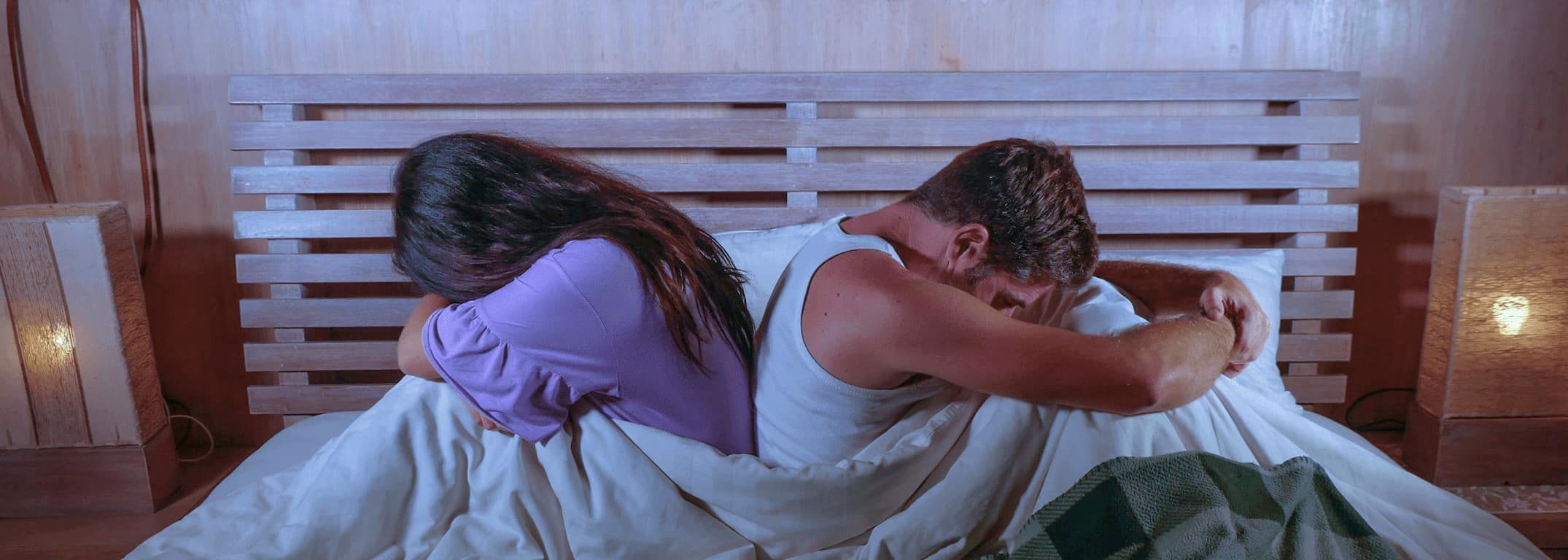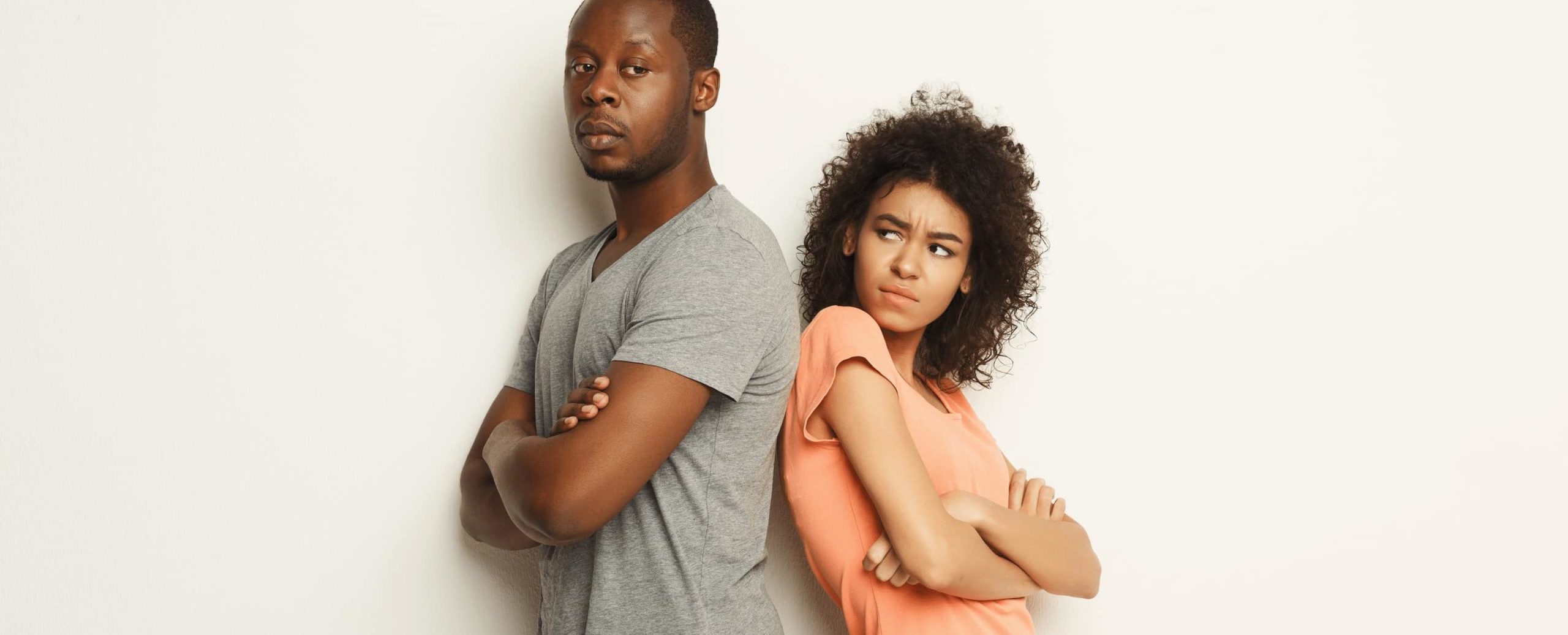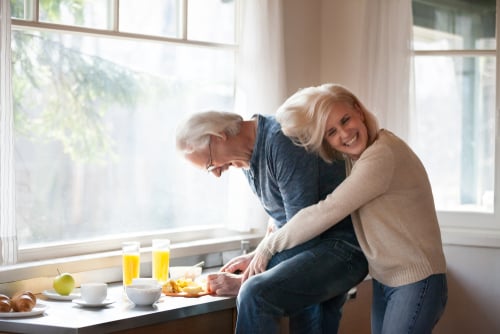Falling in love can be a breeze to some people and seemingly next to impossible for others. This is because all the overwhelming feelings we have when we start falling in love can make us irrational and confused. But why do we fall in love? Are there any rules on how and why we fall for certain people?
If you are struggling with navigating the dating world, understanding why you become attracted to certain individuals can be of immense benefit. At our relationship coaching retreat for singles, we can help you explore your dating patterns, learn how to let your guard down, and build stronger and happier relationships.
Read on to find out why we fall in love and whether we have any choice when the butterflies start to kick in.
Why Do We Fall In Love With Certain People?
If you asked ten people to tell you why they fall in love, it’s very likely that you’d get ten different answers. This is because most of us don’t really know what makes us feel a certain way towards a person, but we’d still try to give specific answers usually related to physical attraction, chemistry, or similar interests.
Reasons We Fall In Love
Indeed, all of these factors may contribute to our attraction to a person. However, psychologically, the process of falling in love is often much more complex than we may think. Here are some more factors that influence the possibility of two people falling in love:
- Reciprocity:
Have you ever wondered if you liked a certain person only because they seemed to like you? In fact, we do tend to feel a stronger attraction to someone if they are attracted to us.
- Propinquity:
If you spend a lot of time with someone, whether you live close by or work together, you will become more familiar with them. This can increase the probability of you falling in love with this person.
- Similarity:
Common interests, shared beliefs, and similar ways of thinking can greatly influence our interest in another person. However, intriguing differences can also play a role in our attraction.
- Social norms:
We are more likely to fall in love with a person if we believe that they will satisfy social norms and fit in our social network. People typically seek out relationships that will leave a positive impression on their friends and family.
- Isolation:
Being alone with someone for long periods of time can spark passion. This also relates to familiarity, as we tend to feel more comfortable with people we spend more time with.
- Self-esteem:
If you have been single for quite some time, your self-esteem may be decreased and your standards lower. This can make it easier for you to fall in love.
- Intrigue:
If there is an air of mystery surrounding a person, we are likely to feel a stronger attraction towards them. Being left to wonder what another person is thinking and feeling can spark interest and increase the probability of falling in love.
Do We Choose Who We Fall In Love With?
Before discussing if falling in love is a choice or not, we have to establish one essential difference: loving someone and falling in love are not the same thing.
The Difference Between Infatuation And Love

While you may fall for a certain person because they are a good match for you based on the above-mentioned factors, you will have to make a conscious decision to commit and work on a relationship. In this sense, we do choose who we love.
On the other hand, we may not have the same amount of control over who we are attracted to. Romantic love, that is, the picture of love that we typically see in movies and literature is actually a little more than an obsession. Of course, this does not mean that falling in love is not a valid feeling – we all know how powerful, exhilarating, and enjoyable the initial infatuation can be.
In a nutshell, you can have a crush on someone or be in love without having much of a say in the matter. If the initial attraction is strong enough, you may decide to jump into the relationship and see if it works. Once the infatuation fades, you will have to make a conscious choice to stay in love.
Can A Player Fall In Love?
Most of us know at least one person who considers themselves a ‘player’. They don’t plan on settling down and pride themselves on having numerous casual relationships. But can such a person change their ways and actually fall in love?
The short answer would be: yes, it is possible for a ‘player’ to fall in love. More often than not, these individuals put up barriers to protect their sensitive cores from disappointment and hurt. They may be acting this way because they are struggling to forget about an ex-girlfriend or boyfriend and, as a result, all their new relationships seem to pale in comparison.
Signs A Player Will Never Change
However, trying to make a player fall in love with you can do you more harm than good if you’re not careful. Not all people who act this way are sensitive souls who crave an understanding and caring partner. Some of them simply like the excitement of casual relationships and won’t change their ways just because you choose to shower them with love.
Here’s how you can tell that a person won’t easily change:
- They never stop talking about other people they are attracted to.
- They make you feel insecure.
- They are overly jealous.
- They act differently when surrounded by their friends.
- They criticize you constantly.
- They don’t seem ready to commit.
Looking for Codependency Retreats in California? PIVOT Is Here To Help!

If you struggle to find success in the dating world, don’t despair! With help from seasoned experts for relationship coaching, you can understand your dating patterns and find ways to build deeper and healthier connections with potential partners.
The purpose of our high-result relationship coaching for individuals as well as our in-depth couples retreats is to help you find dating success by understanding yourself and your relational wounds. Reach out to us today and find out more!



















